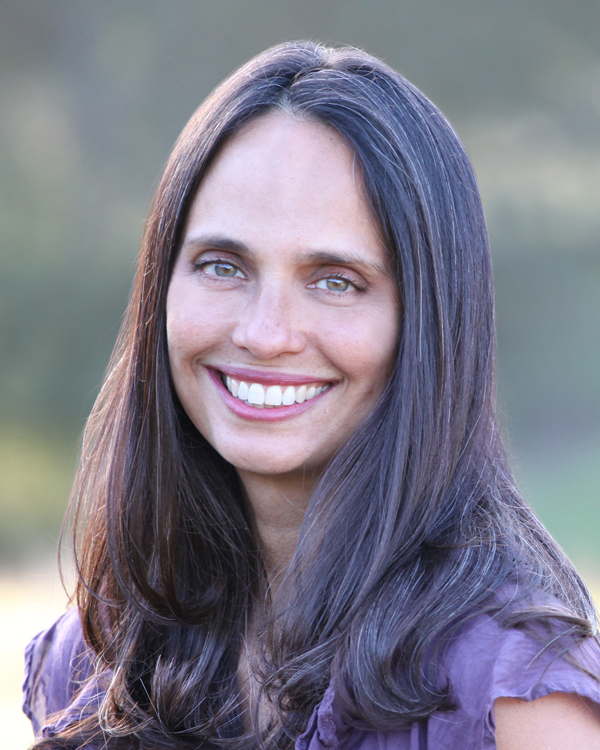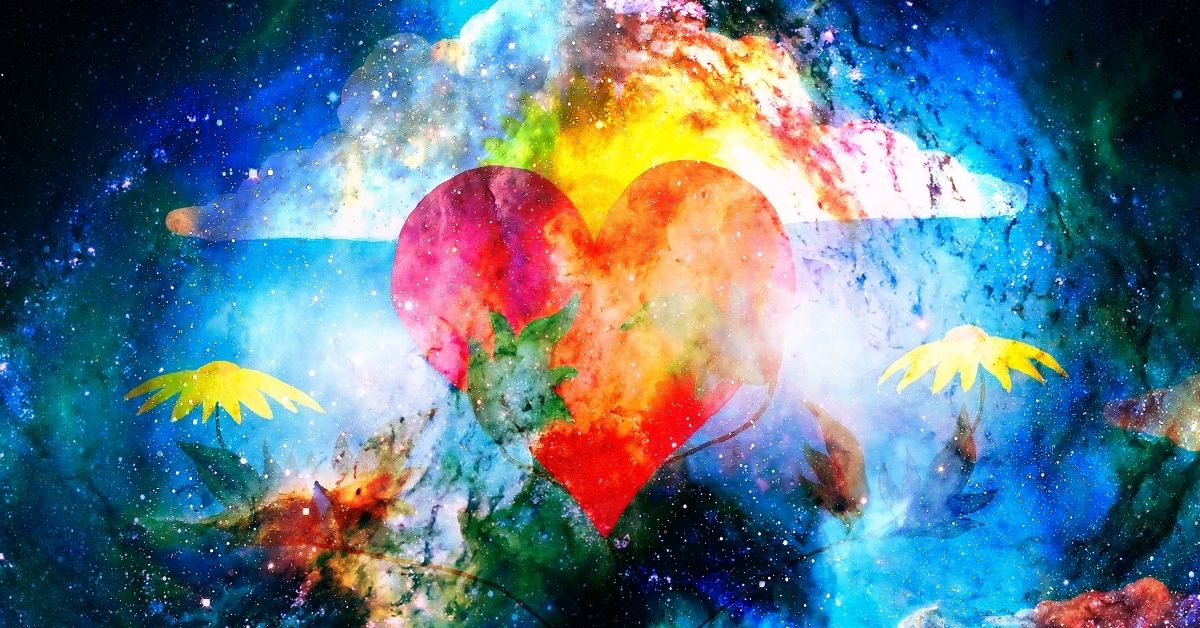Angus and I have both been having conversations with clients about trauma and the persistent impact it has on their lives. One of the things we have found very helpful for our clients is helping them to see that the physiological post-trauma experience is normal and healthy. It is part of the normal range of anxiety responses that all humans experience. This helps clients to realize they are not broken.
Looking to the universal rather than the specific is the opposite direction to what most people look in. This isn’t surprising given that psychological labels get more and more specific each time the DSM is updated. With every new release, there are more disorders added. Finely honing the identification of new addictions, types of abuse and trauma, and other mental health issues is not related to the healing process.
What if it is seeing what is universal that has the most impact on returning to wellbeing? What if zooming out to generalities settles the mind? What if using more precision results in feeling more broken rather than more whole? Labels might give us something for the intellect to grasp onto, but they don’t stabilize the mind and the nervous system. And they can often result in the person with the label identifying with the label and seeing it as fixed rather than a temporary experience that is still full of possibilities of health.
What Angus and I find is that often when people feel overwhelmed emotionally they innocently and often unconsciously turn to their intellect as a way to try and stabilize themselves. This might look like trying to figure out what they did wrong or what they could have done differently. It might look like blaming someone else. It might look like spending time in ungrounded flights of fancy. It might look like self-recrimination and self-judgment, or a myriad of other ways to get lost in our thoughts and not be in the present moment.
Most of us learn somewhere along the way in our childhood not to simply be with our feelings. A baby is not scared of their emotional experience. They don’t withhold their crying if they are uncomfortable or suffering, but in the conditioning we buy into as we grow up, most of us begin believing at some point that painful emotions are not safe, some of them are wrong, and, perhaps even, there is something wrong with us for having them.
These misunderstandings result in the development of many unhealthy coping mechanisms to try and manage feelings. One of the theosopher Sydney Bank’s most cited quotes is, “if the only thing people learned was not to be afraid of their experience, that alone would change the world.” But it is really an unlearning that needs to happen. An unlearning of being afraid, an unlearning of not being present, an unlearning of not trusting the innate intelligence within us to stabilize us.
In many of my conversations this week, I have held space for people while they cried, while they expressed their real and legitimate grief and pain they had not been able to be present to by themselves. With the support of me holding space for them, they were able to relax and allow their feelings to be expressed. As a result, they felt calmer, quieter, and more serene. That is the by-product of presence and simply being with the health of our emotional experience. It is an innate ability we all have that allows us to stabilize and heal. It doesn’t matter what label the grief has or what kind of trauma we might have experienced, the intelligence within us knows how to heal. We don’t do it personally — it just happens. But we need to have the capacity to be present and to allow the healing to unfold.
The universal is the space within us that is undamaged by life’s events. It is the formless energy of our true nature that is infinitely resilient. That is where healing occurs. That is where wellbeing resides. That is where fresh insight comes from so we can grow and learn in consciousness.
I don’t know why life has to be so goddamn difficult at times and why some people have to deal with atrocities that are beyond what I could ever imagine enduring. I wish life wasn’t unfair in this way. It can be painful and traumatic. As humans, we can suffer greatly from difficulties in our lives, but it is important to know that no matter what happens to us, we also have the innate capacity to be resilient and to heal. We can be victimized, but we do not have to live as victims.
I refuse to see any of my clients as victims. This does not mean I condone the events that have happened to them that are painful and unjust, but they do not become victims because of those events. I will compassionately hold space for tears to be shed and anger to be expressed, and I will see my clients’ strength of heart and resilience of spirit. I will see their wholeness even when they can’t see it themselves. I will risk being firm and adamant about that. I will be unrelenting in my commitment to drawing out their health and wellbeing even if they think I should be agreeing with their victimhood.
Healing trauma is the result of us opening up to the truth of who we are that is beyond labels, beyond the intellect, beyond victimhood. Where we feel and hold space for our emotional experience without being consumed by it. Where we experience our innate resilience and return to our essence of love and know we are whole. A label doesn’t do that for us. It is the same intelligence that knows how to heal a cut that does that for us. It knows how to heal the mind. All we need to do is not be afraid of how healing looks and what it feels like.
If you would like to listen to the Rewilding Love Podcast, it comes out in serial format. Start with Episode 1 for context. Click here to listen. And, if you would like to dive deeper into the understanding I share along with additional support please check out the Rewilding Community.Learn More About the Rewilding Community
Rohini Ross is co-founder of “The Rewilders.” Listen to her podcast, with her partner Angus Ross, Rewilding Love. They believe too many good relationships fall apart because couples give up thinking their relationship problems can’t be solved. In this season of the Rewilding Love Podcast, Rohini and Angus help a couple on the brink of divorce due to conflict. Angus and Rohini also co-facilitate private couples’ intensives that rewild relationships back to their natural state of love. Rohini is also the author of the ebook Marriage, and she and Angus are co-founders of The 29-Day Rewilding Experience and The Rewilding Community. You can follow Rohini on Facebook, Twitter, and Instagram. To learn more about her work and subscribe to her blog visit: TheRewilders.org.


